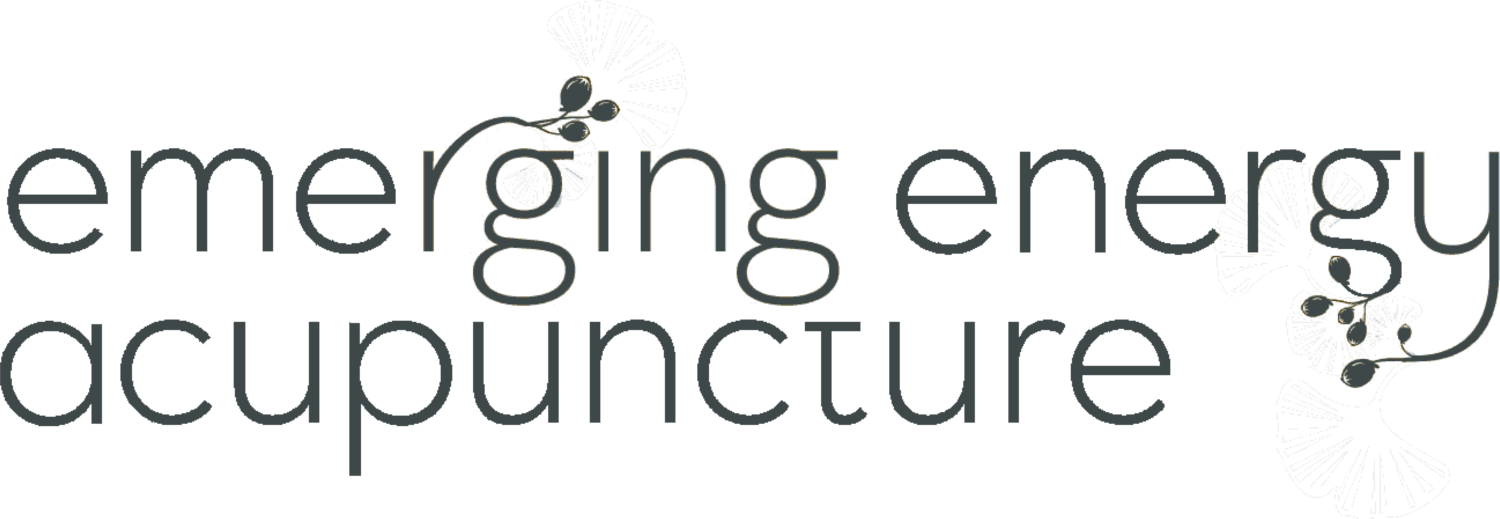10 Things To Know about Acupuncture
1. It's not "alternative."
==
1.35 million **more** Americans are using acupuncture since 2002. It's practiced in mainstream hospitals and integrative medical practices.
2. Not all practitioners are of Asian descent.
====
There are between 30,000 - 38,000 acupuncturists practicing across the United States, and they represent the diversity of ethnicities of people on our planet. I'm always surprised when people assume I would be asian.. not that there is anything wrong with being asian.
3. It takes over 3000 hours of training to sit for the national board exam.
==
The national certification exam produced by the [NCCAOM][1] is composed of several sections including acupuncture, biomedicine, and herbal medicine. This is a great place to look for a nationally certified acupuncturist and chinese herbalist.
[1]: https://www.nccaom.org/
4. Over **1400 **hours of specific training in acupuncture must be done for acupuncture practitioners.
===================================================================================================
This is no weekend course! This ensures safety and competency.
5. Acupuncture needles are TINY!
================================
30 Acupuncture needles can fit into a typical hypodermic needle-- the one that delivers an often painful shot. Most people don't feel the acupuncture needle when it's properly inserted.
6. The World Health Organization (WHO) recognizes acupuncture's effectiveness.
=======================================================================
Currently the WHO lists 28 conditions, diseases or symptoms that are effectively treated by acupuncture. Over 60 other conditions are being studied.
7. Acupuncture is cost-effective.
===
Studies have shown cost-savings when people utilize acupuncture for the following conditions: allergic rhinitis (seasonal allergies), headache and migraine, ambulatory anesthesia, dysmenorrhea (painful periods), chronic pain including low back and neck, and depression.
8. Modern concepts explain how it works.
==
There are 4 known mechanisms acupuncture has been shown to affect. It stimulates local blood flow, normalizes the nervous system, improves emotional well-being (affects endorphins, serotonin, and dopamine), and lessens pain sensitivity. Brain imaging studies have proven that acupuncture changes our perception of pain. This can be especially useful for chronic pain and fibromyalgia.
9. Insurance covers Acupuncture.
=================================
Not all plans cover Acupuncture, but more and more insurance plans are covering it. Call your plan to find out if yours does!
10. Acupuncture treats more than pain.
=======================================
While it's most well known and researched to treat pain, Acupuncture can treat most health conditions. Because an acupuncturist looks at the root cause of problems, many health factors are taken into account such as sleep, diet, emotional health and more. It is a whole person approach to problems.
Why not give it a try?
======================
*Thanks to the American Society of Acupuncturists for [this helpful document][2], from which much of this post was derived!*
[2]: http://www.asacu.org/wp-content/uploads/2018/09/10-Things-You-Need-to-Know-About-Acupuncture.pdf
